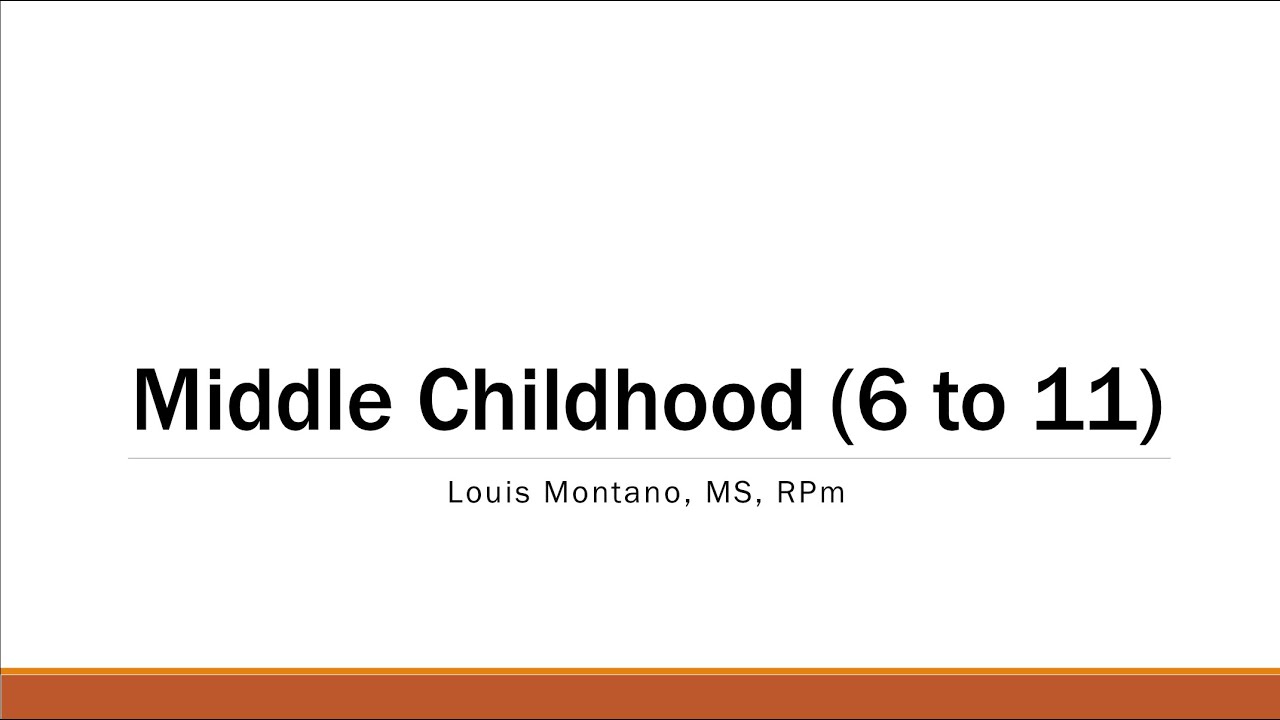Child development: Information Processing Theory
Summary
TLDRThis video explores the information processing theory, highlighting how children's cognitive abilities develop as they age. It describes how children enhance their attention, selectivity, and concentration, allowing them to focus on relevant stimuli while filtering out distractions. Using a computer analogy, it explains how sensory memory briefly holds information, which can then be processed into working memory through strategies like chunking. Finally, it emphasizes the limitless nature of long-term memory, comparing it to the Internet, where organized knowledge can be retrieved based on semantic categories.
Takeaways
- 🧠 Children develop better cognitive processes, such as attention and concentration, as they grow.
- 🎯 Attention becomes more deliberate, enabling children to focus on relevant information to achieve their goals.
- 🔍 Selectivity improves, allowing children to habituate to irrelevant information and use fewer cognitive resources.
- ⏳ Concentration abilities increase with age, helping children sustain focus on activities for longer periods.
- 🖥️ The information processing model likens brain function to computer processing, where sensory input is received and reacted to.
- 🎛️ Sensory memory acts as a filter, processing stimuli through our five senses, while irrelevant information is discarded.
- 📊 Sensory memory includes iconic (visual) and echoic (auditory) memory, lasting only a few seconds.
- 📥 Working memory can hold 5 to 9 items for 15 to 20 seconds, using strategies like chunking and rehearsal.
- 💾 Long-term memory is vast and limitless, but recalling stored information requires a general idea of what to look for.
- 🔑 Semantic categorization helps in organizing and retrieving information from long-term memory, similar to searching on the Internet.
Q & A
What is the main focus of the information processing theory?
-The information processing theory focuses on how children develop cognitive processes such as attention, selectivity, and concentration throughout their developmental stages.
How does children's attention change as they grow older?
-As children grow, their attention becomes more deliberate, allowing them to focus on relevant information that helps them achieve their goals.
What is meant by 'selectivity' in cognitive processes?
-Selectivity refers to the improvement in children's ability to habituate to irrelevant information, thereby minimizing the cognitive resources used on it.
In what ways does concentration improve in children?
-Children become more capable of focusing on activities for longer periods and can utilize different strategies to complete tasks.
How does the brain process information according to the computer analogy?
-The brain receives input from environmental stimuli, processes this information like coding in a computer, and produces reactions based on perception and interpretation.
What role does sensory memory play in information processing?
-Sensory memory acts as a filter that focuses on relevant information while discarding unimportant stimuli, holding information for about three seconds.
What is the typical capacity and duration of working memory?
-Working memory can typically hold 5 to 9 items for about 15 to 20 seconds, and information can be maintained through strategies like chunking and rehearsal.
How does long-term memory differ from working memory?
-Long-term memory is considered limitless in capacity, whereas working memory is limited and holds information only for a short duration.
What is necessary for retrieving information from long-term memory?
-To retrieve information from long-term memory, one must have a general idea of what they are searching for, akin to using a search engine.
How are semantic categories used in long-term memory retrieval?
-Semantic categories help organize information in long-term memory, making it easier to retrieve related concepts, such as grouping winter sports together.
Outlines

This section is available to paid users only. Please upgrade to access this part.
Upgrade NowMindmap

This section is available to paid users only. Please upgrade to access this part.
Upgrade NowKeywords

This section is available to paid users only. Please upgrade to access this part.
Upgrade NowHighlights

This section is available to paid users only. Please upgrade to access this part.
Upgrade NowTranscripts

This section is available to paid users only. Please upgrade to access this part.
Upgrade Now5.0 / 5 (0 votes)





